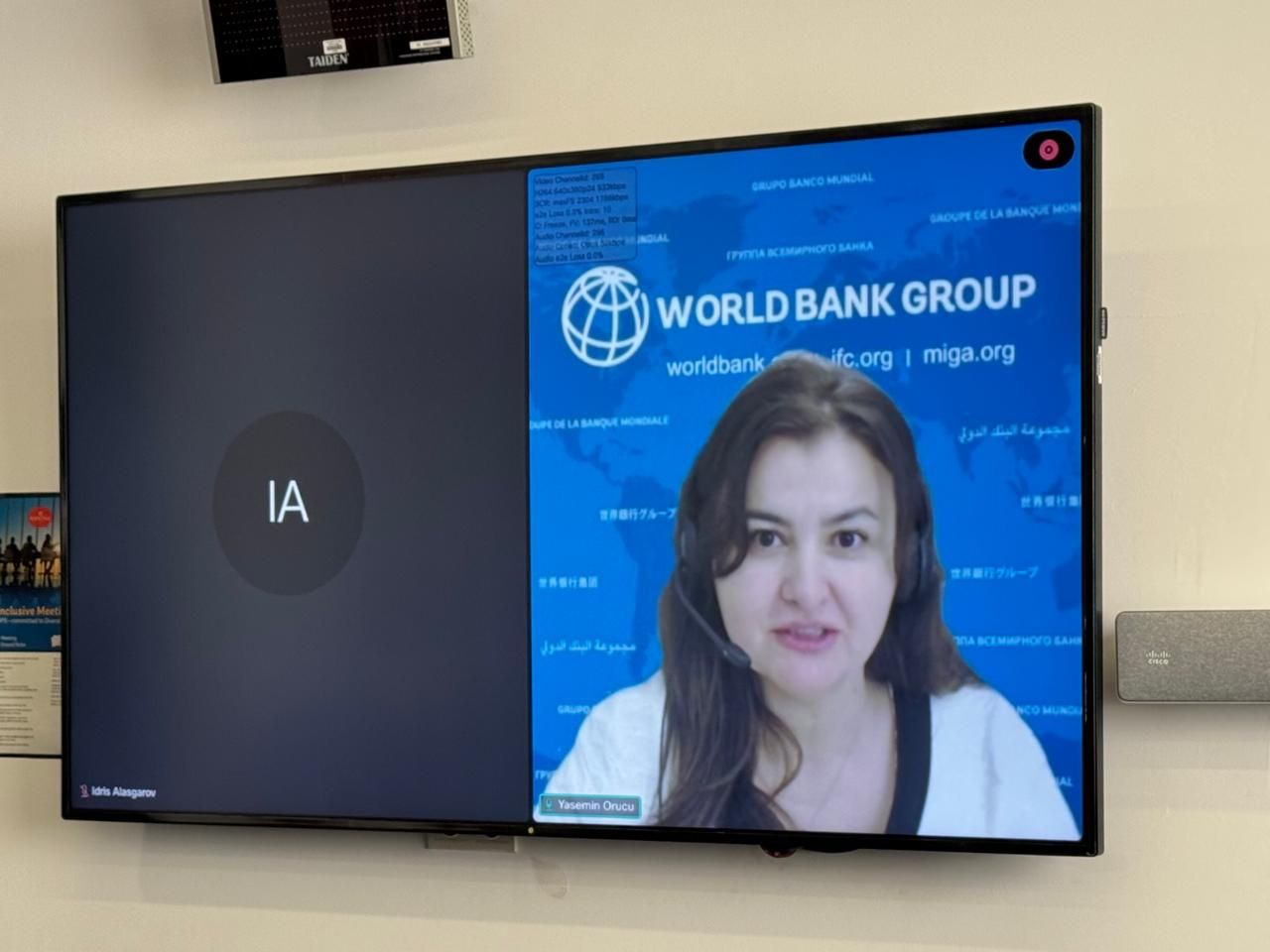Azerbaijan's energy efficiency initiatives could generate $509 million annually and reduce gas consumption

Implementing energy efficiency measures in Azerbaijan's public buildings could generate an impressive $509 million annually by allowing for the export of natural gas currently used for electricity production.
Yasemin Orucu, the World Bank's chief energy expert, highlighted these potential benefits during her presentation on enhancing energy efficiency in Azerbaijan, Azernews reports.
She emphasized that improving energy efficiency in public buildings could tap into a significant technical potential, saving up to 50% of current electricity consumption and resulting in cost savings of approximately $154 million per year.
Orucu explained that the focus would be on enhancing the energy efficiency of 45,000 public buildings, covering a total area of 40 million square meters. "We recommend initiating energy efficiency measures in the residential sector, gradually expanding these efforts to other sectors. Our estimates indicate that these initiatives could reduce total annual energy consumption by between 0.9% and 3.1%. This reduction could enable the export of an additional 644 million cubic meters of natural gas, generating up to $509 million in annual income," she stated.
She also noted that pilot projects could serve as the starting point for these initiatives. "The government has a critical role to play in this endeavor. We advise the establishment of an Energy Efficiency Fund, alongside addressing the accessibility of energy-saving technologies," Orucu added.
Furthermore, according to World Bank projections, adopting energy efficiency measures—such as building insulation and utilizing efficient heating systems—could dramatically reduce energy demand for heating and cooling in residential buildings by over 60% by 2050, as part of a strategy aimed at achieving net-zero emissions by 2060.
To realize a 5% reduction in final energy demand by 2030 and 15% by 2050, a comprehensive policy promoting energy efficiency across all sectors of electricity consumption is essential, Orucu concluded.
Here we are to serve you with news right now. It does not cost much, but worth your attention.
Choose to support open, independent, quality journalism and subscribe on a monthly basis.
By subscribing to our online newspaper, you can have full digital access to all news, analysis, and much more.
You can also follow AzerNEWS on Twitter @AzerNewsAz or Facebook @AzerNewsNewspaper
Thank you!

